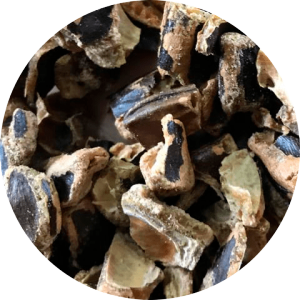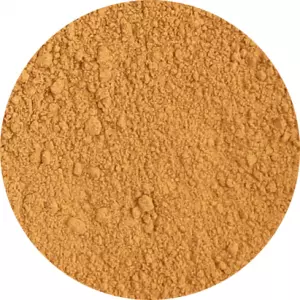We can supply different sizes of KLB
Contact us today to request a personalized quote for your bulk order.
At CarobTree Corporation, we supply high-quality kibbled carob (KLB) in various sizes, perfect for the food and cosmetic industries. Our finely milled carob pods retain their nutritional integrity, making them a versatile and nutrient-dense ingredient for multiple applications.
Nutritional Composition
- Rich in Fiber (30-35%) – Supports digestion and gut health with a blend of insoluble and prebiotic fibers.
- Slow-Release Carbohydrates (65-70%) – Provides sustained energy with natural sugars and complex carbs.
- Essential Minerals – Contains calcium, potassium, magnesium, and copper, supporting overall well-being.
- Low Fat (1-3%) – Includes heart-healthy unsaturated fatty acids like oleic and palmitic acid.
- Antioxidants & Polyphenols – Helps combat oxidative stress and inflammation, promoting cell protection.
- Natural Bioactive Compounds – Caffeic and folinic acids aid bone metabolism and energy production.
Packaging Options
- 25 kg bags
- 1 MT large bags
- Bulk supply available

Key Properties & Benefits
- Easily digestible, making it suitable for daily consumption.
- Neutral flavor and crunchy texture, ideal for cereals, snacks, baked goods, and dry mixes.
- Acts as a natural preservative thanks to its high polyphenol content.
- Low glycemic index, making it suitable for balanced energy release and healthy diets.
- Compared to carob flour or powder, less prone to sedimentation, ensuring better blending in formulations.
Moreover, carob syrup provides a liquid source of balanced sugars and fibers for those looking for an alternative sweetener, while carob powder is a versatile ingredient for baking and health-conscious cooking. The unique qualities of carob seeds and Locust bean gum are particularly valued in food production, and carob germ stands out as a highly nutritious component for specialized diets.
Related Products
Carob Syrup

Carob Powder
